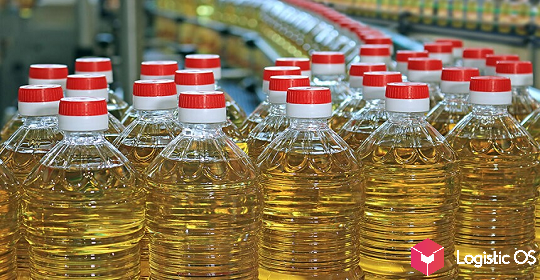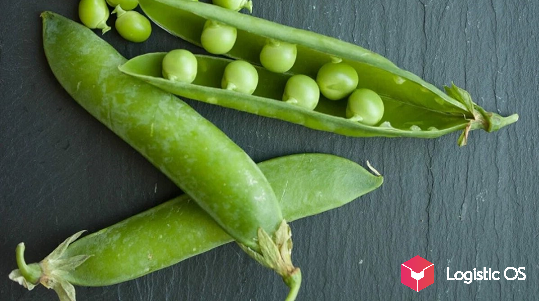Despite less than optimal weather conditions, Australian farmers can expect a good oilseed harvest this season.
The final oilseed harvest in Australia is expected to be around 5.4 million tonnes this season.
We are talking about canola, a type of rapeseed. The area under it in Australia this time was around 3.24 million hectares.
It is interesting that the current season has been atypical in terms of canola production.
First of all, the unusual weather conditions are striking. Namely, many dry areas have seen heavy rainfall in recent months, while rainy areas, on the contrary, have been visited by drought.
This has made many farmers worried about the prospects for the harvest, but in fact it turned out that the situation is better than expected.
As a result, the Australian Oilseed Federation has increased its earlier forecast for the canola crop by 36,000 hectares. This concerns areas that were previously considered to be dead, but now it turns out that they can also produce a crop.
As a result, prices for Australian rapeseed, which have grown significantly since the beginning of the season, may fall slightly if the harvest turns out to be higher than negative expectations, some experts believe.
What is happening in the global rapeseed market today?
Rapeseed prices depend, among other things, on the harvest of some other crops, which cannot be ignored.
For example, a large soybean harvest in the United States is already putting pressure on rapeseed prices.
The harvest in Canada is doing the same, where a harvest of about 20 million tons is expected, which is about 1 million more than in recent years.
It is also likely that Canada, like the US, could be supplying large volumes of oilseeds to the EU, where the canola harvest is poor.
“In the EU, another hot and dry summer, coupled with heavy rainfall, has affected canola yields, with total harvests down 1.3 million tonnes from last year to 18.5 million tonnes.
The main reason for the decline was production in France, which fell by 400,000 tonnes due to very wet weather early in the season, which affected crop formation and subsequent yields.
Also, hot weather during flowering has reduced German estimates by 200,000 tonnes from last year.
Reduced production in smaller rapeseed producing countries such as Romania, Hungary, Latvia and the Czech Republic also contributed to the decline in output, which was not offset by small increases in Slovakia, Ireland and Denmark,» the Australian Oilseed Federation said in a report.

